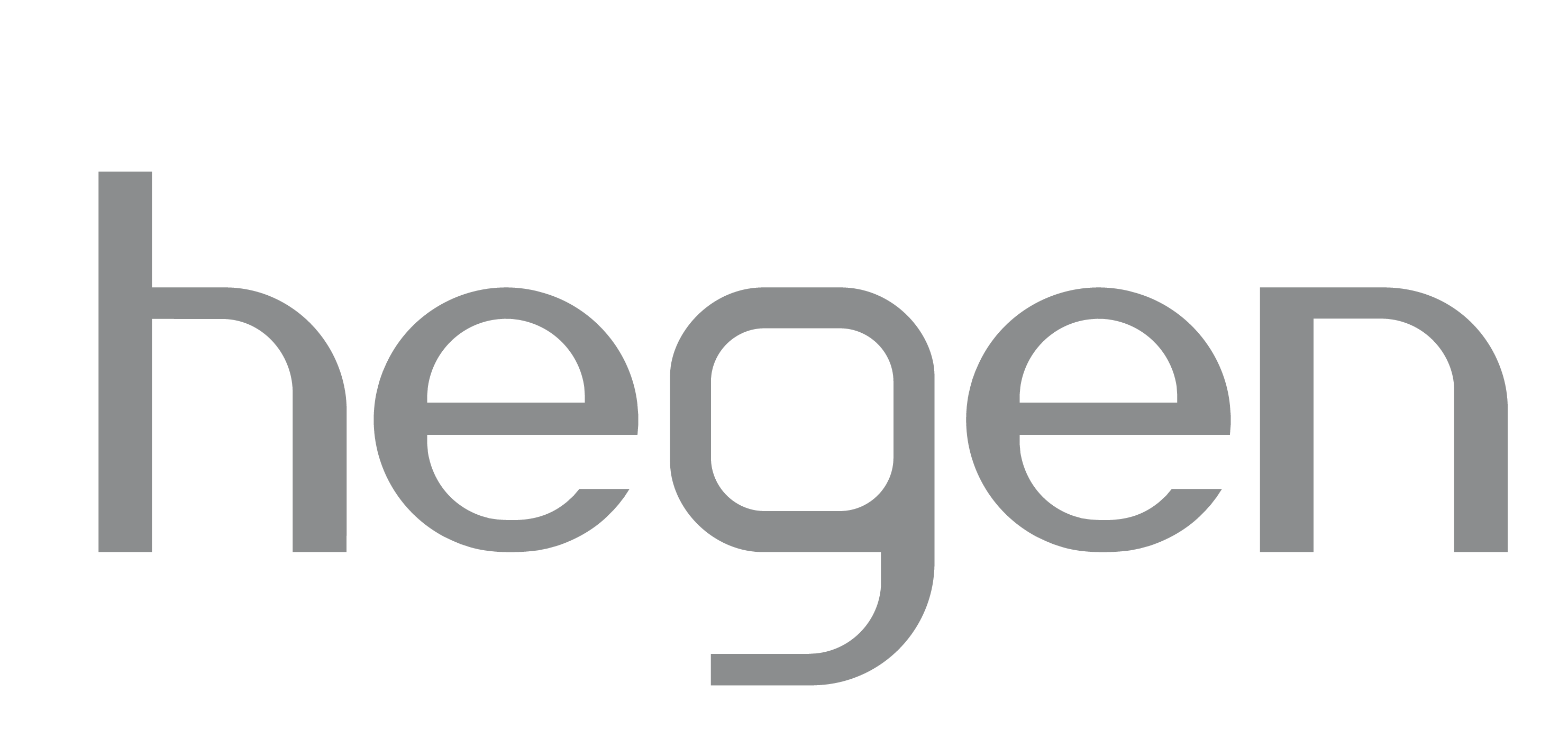
Breastmilk or Formula: What to Consider When Making a Decision
You’re picking out the perfect name and nursery decor for your new bundle of joy. But have you thought about how you want to feed your baby?
The best feeding decision for one family may differ from the best decision for another family, and that’s okay.
There’s no one right way to feed a baby, and you get to choose the right fit for you and your baby.
Whether you plan to breastfeed at the chest, bottle feed pumped breastmilk, formula feed or any combination of these options, there’s surprisingly a lot to consider when deciding how to feed your baby.
Rather than relying on opinions from friends or family members, it’s important to get research-based information from an expert so that you can make the best, informed decision for your family.
Here are 4 things to consider according to a registered dietitian nutritionist and infant feeding specialist.
Physical and mental health considerations -
Is Formula Just as Good as Breast Milk?
Human breastmilk and infant formula may look similar but are very different at the microscopic level.
These differences can have health implications for both you and your baby.
Breastmilk is a tissue made up of living cells so some of the components are difficult to replicate in a lab. For example, human milk contains things like antibodies, probiotics, enzymes, hormones, and even stem cells.
Because of these composition differences, breastmilk is protective against many diseases and conditions.
The World Health Organization recommends exclusive breastfeeding for the first six months of an infant's life.
For example, breastfed babies are less likely to experience:
- Respiratory and ear infections,
- sudden infant death syndrome,
- gastrointestinal or digestive issues
- chronic diseases and conditions such as:
- obesity
- heart disease
- childhood cancers
For mothers, breastfeeding can prevent health issues like type 2 diabetes, some types of cancers, cardiovascular disease, and postpartum hemorrhage.
Commercial infant formula is the next best thing to human breastmilk and has been designed to provide the nutrients babies need to grow.
If formula is the best choice for your family, remember to always prepare formula according to the directions outlined by the formula company.
You can talk to your healthcare provider about the best formula for your baby and find one that is well-tolerated.
You can also seek out formula options that contain docosahexaenoic acid (DHA) and pre/probiotics for added benefits.
These components of breastmilk are present in some infant formulas, but not all.
For some families, breastfeeding is simply not an option due to medical contraindication.
Talk with your trusted healthcare provider about your feeding goals and any concerns you may have before your baby arrives so that you can have a realistic plan and expectations.
Some mothers are also concerned about the impact feeding decisions may have on their mental health.
Breastfeeding can decrease your risk for postpartum depression or lessen the severity of depression due to the hormones that are released when breastfeeding.
However, some moms may find breastfeeding to be adding stress to their lifestyle. If pain or challenges associated with breastfeeding are causing stress or anxiety, it’s important to get help quickly.
Pain with breastfeeding is a sign that something is not quite right, and an International Board Certified Lactation Consultant (IBCLC) can help you get back on track.
Your mental health is important and should be top priority during the postpartum period.
Talk to your healthcare provider about any concerns you’re having regarding your mental health and caring for your baby.
Is Breastfeeding More Convenient than Formula? (Convenience considerations)
Whether breastfeeding or formula feeding is more convenient is a matter of debate and will likely depend on your personal situation and preferences.It’s a common misconception that formula feeding or exclusively pumping are more convenient than nursing.
In fact, many families find breastfeeding at the chest the most convenient option because it eliminates the need to continuously prepare bottles and wash/sterilize bottles and pump parts.
Other moms may find pumping or formula feeding to be more convenient for one reason or another.
If this is the case, you are free to explore the Hegen Express, Store, Feed set which makes it easier for mothers to store and feed breast milk, or formula with minimal wastage and maximum hygiene.
This could also depend on whether you have older children to care for in addition to your new baby.
Another common myth is that choosing formula feed will allow you to sleep more at night.
Research suggests that breastfeeding moms get the same amount of sleep (or in some studies even more sleep!) compared to formula feeding moms.
You get to decide which option feels most convenient for your family and lifestyle.
How Much Does Formula Cost vs Breastfeeding? (Cost Considerations)
Infant formula can be a large financial burden.
On average, formula will cost a family $1,200 to $1,500 dollars in the first year of life.
If your baby requires a special or more hydrolyzed formula due to an intolerance, you could be spending even more than this estimation.
However, breastfeeding provides positive opportunity costs for mothers.
Research supports that breastfeeding can lead to other cost savings as well like fewer missed work days for parents who return to paid work and fewer medical costs due to the decreased risk of illnesses and chronic conditions.
By choosing to breastfeed, mothers can enjoy the unique bonding experience with their baby, which is priceless.
Additionally, breastfeeding is eco-friendly, as it reduces waste from formula packaging, bottles, and other related products.
This can lead to long-term cost savings and a small but positive impact on the environment.
Practical considerations and your personal feeding goals
Many mothers who want to breastfeed are worried that they might not be able to meet their feeding goals due to an inadequate milk supply, a painful latch, or other concerns.
Breastfeeding is a learned skill and knowledge is power.
Learning about and preparing for your breastfeeding journey while you’re still pregnant can help you successfully meet your goals.
You’ll want to know what to expect and how to prevent and overcome some of the common pitfalls and challenges.
Make sure that you’re seeking research-based and expert-taught breastfeeding classes and advice because there’s a lot of bad information out there when it comes to feeding babies.
Remember, there’s not one right way to feed a baby, and you’re a great mom or dad no matter how you choose to feed your baby.
You get to make the best decision for your family based on these considerations and your own personal goals and preferences.

Rebecca Ellison, MS, MPH, RDN, LDN, CLC
Rebecca is the author of this post and is a registered dietitian nutritionist (RDN), certified lactation counselor (CLC), wife and a mama to three littles in Knoxville, Tennessee.
You can visit her website to view her breastfeeding course 'Ready, Set, Latch!'



Leave a comment
This site is protected by hCaptcha and the hCaptcha Privacy Policy and Terms of Service apply.